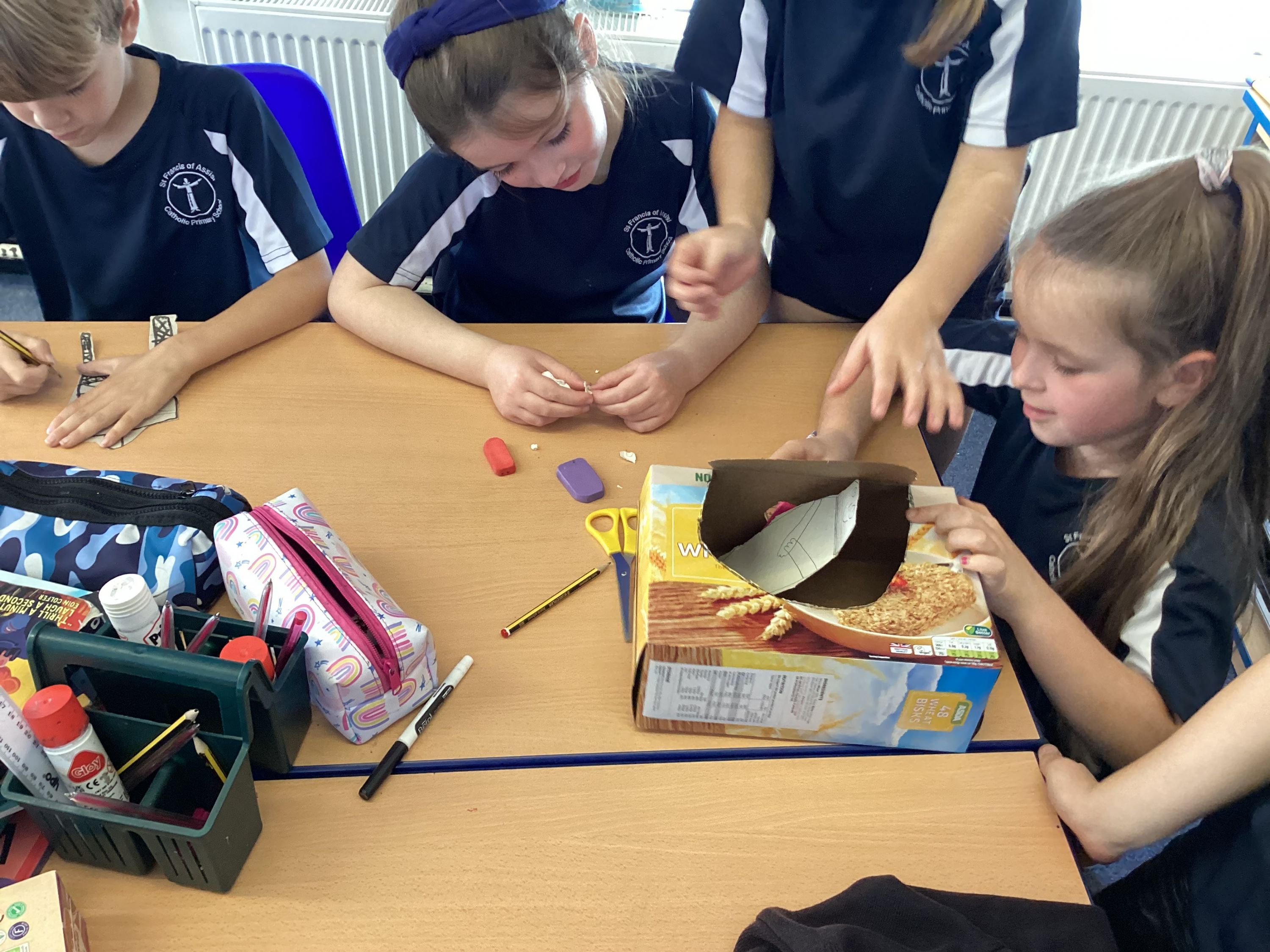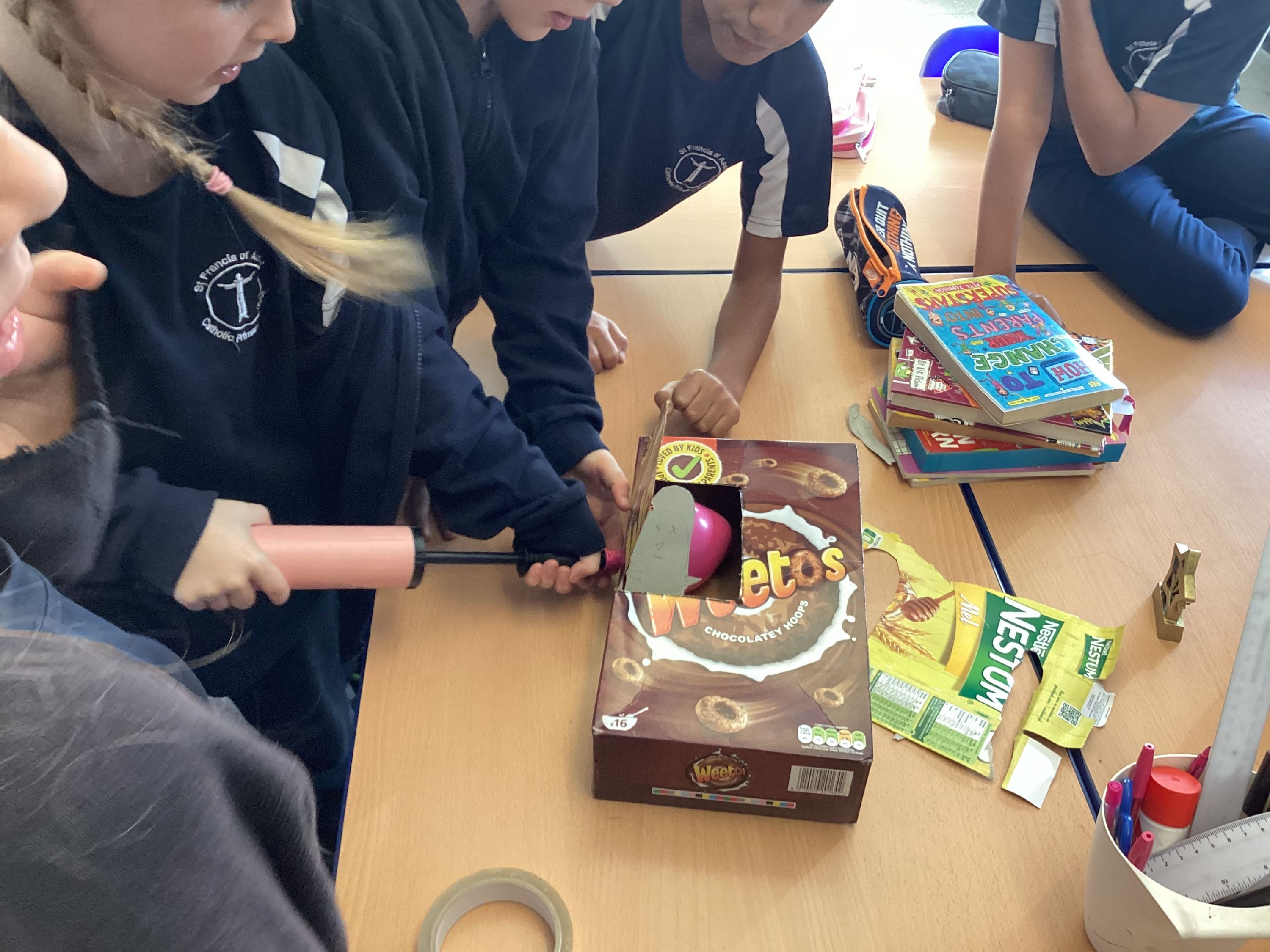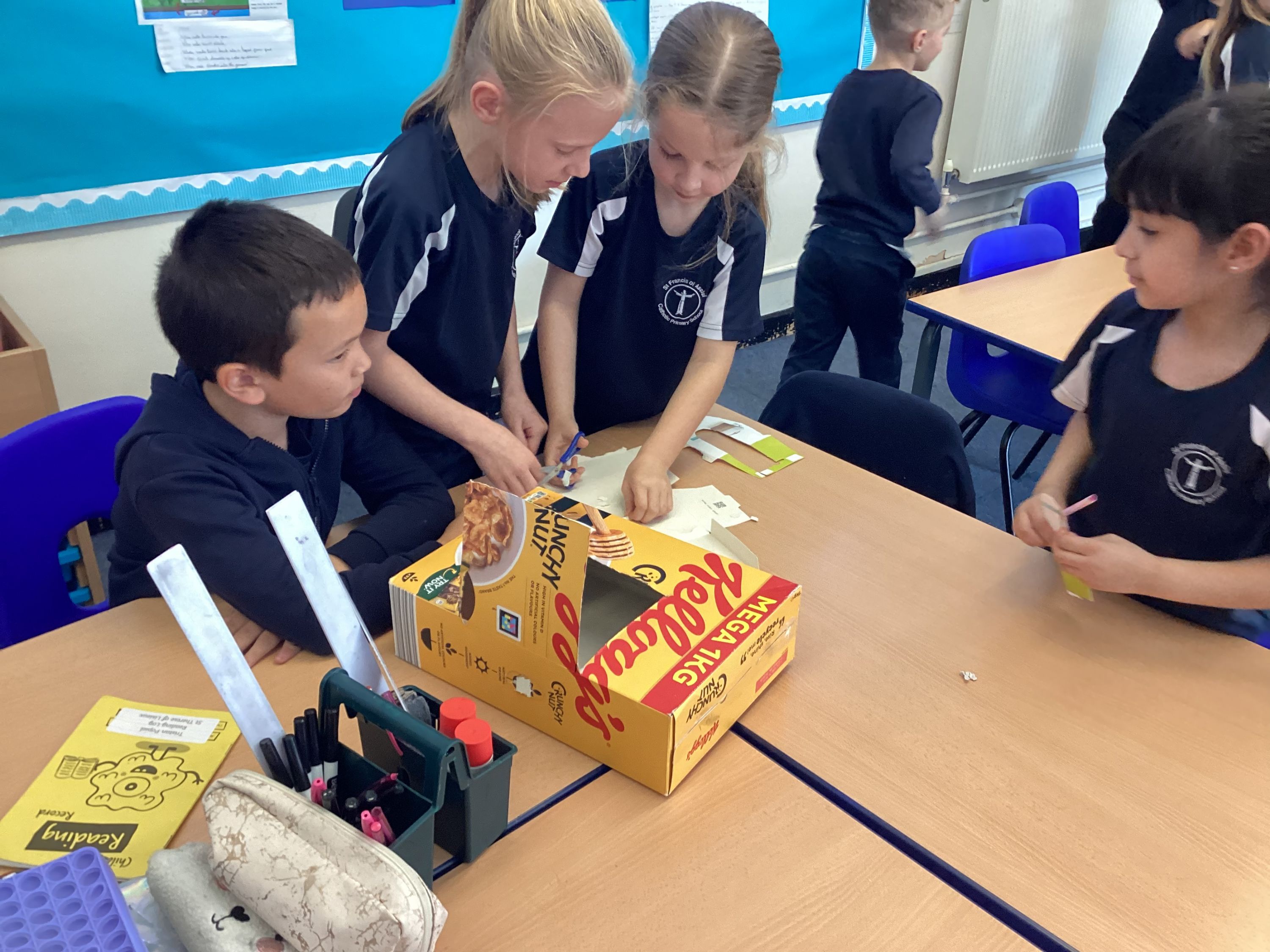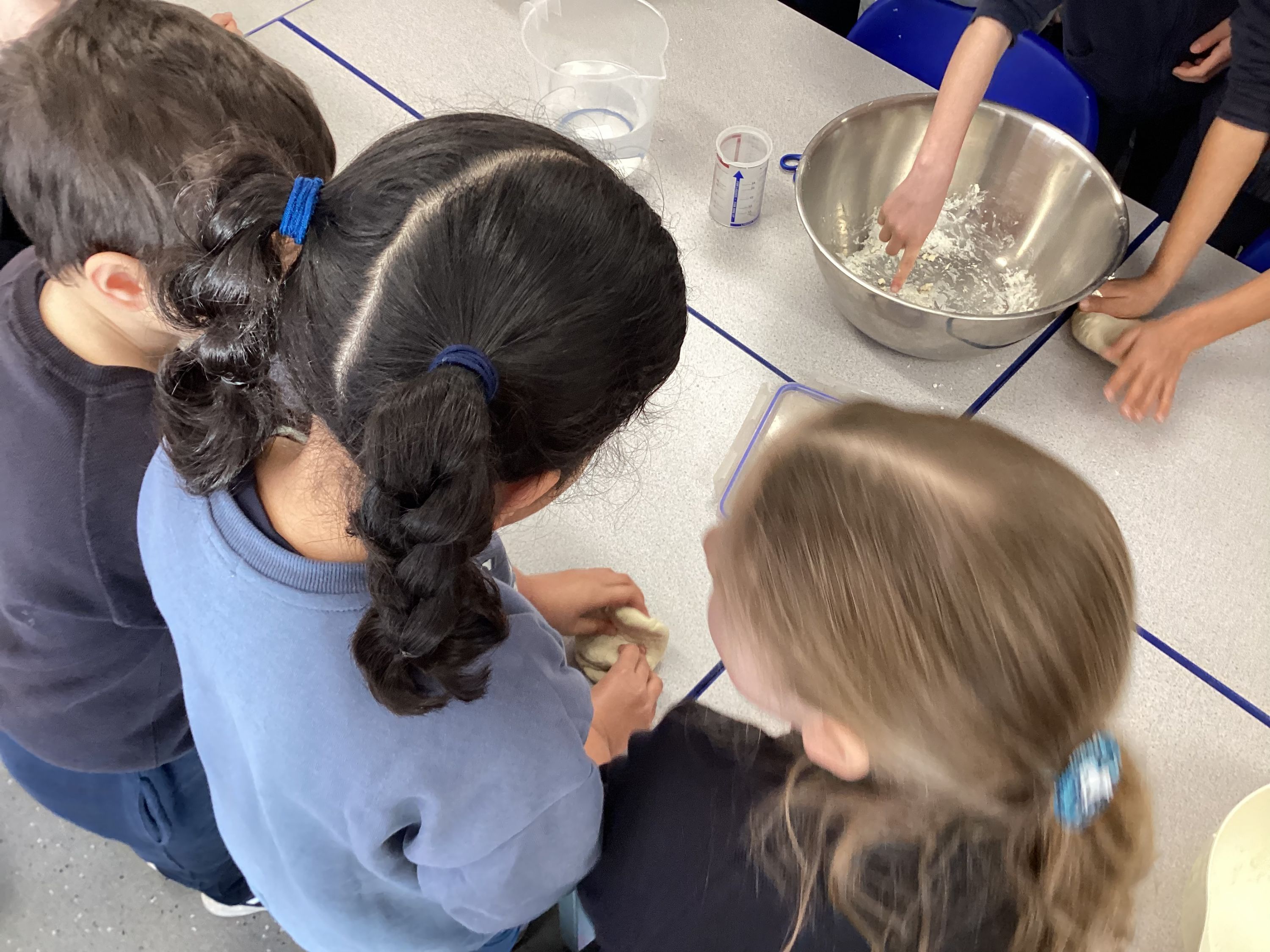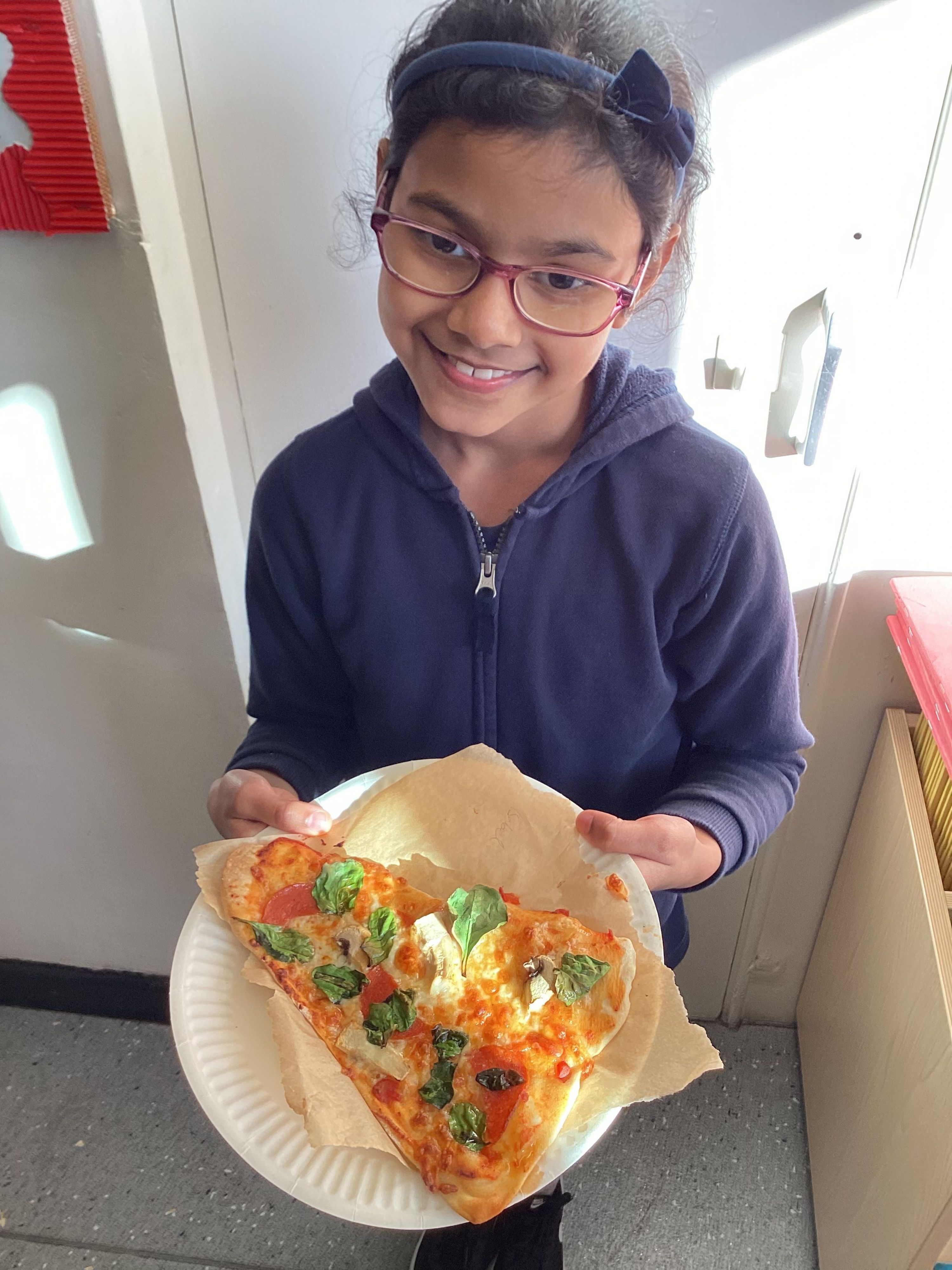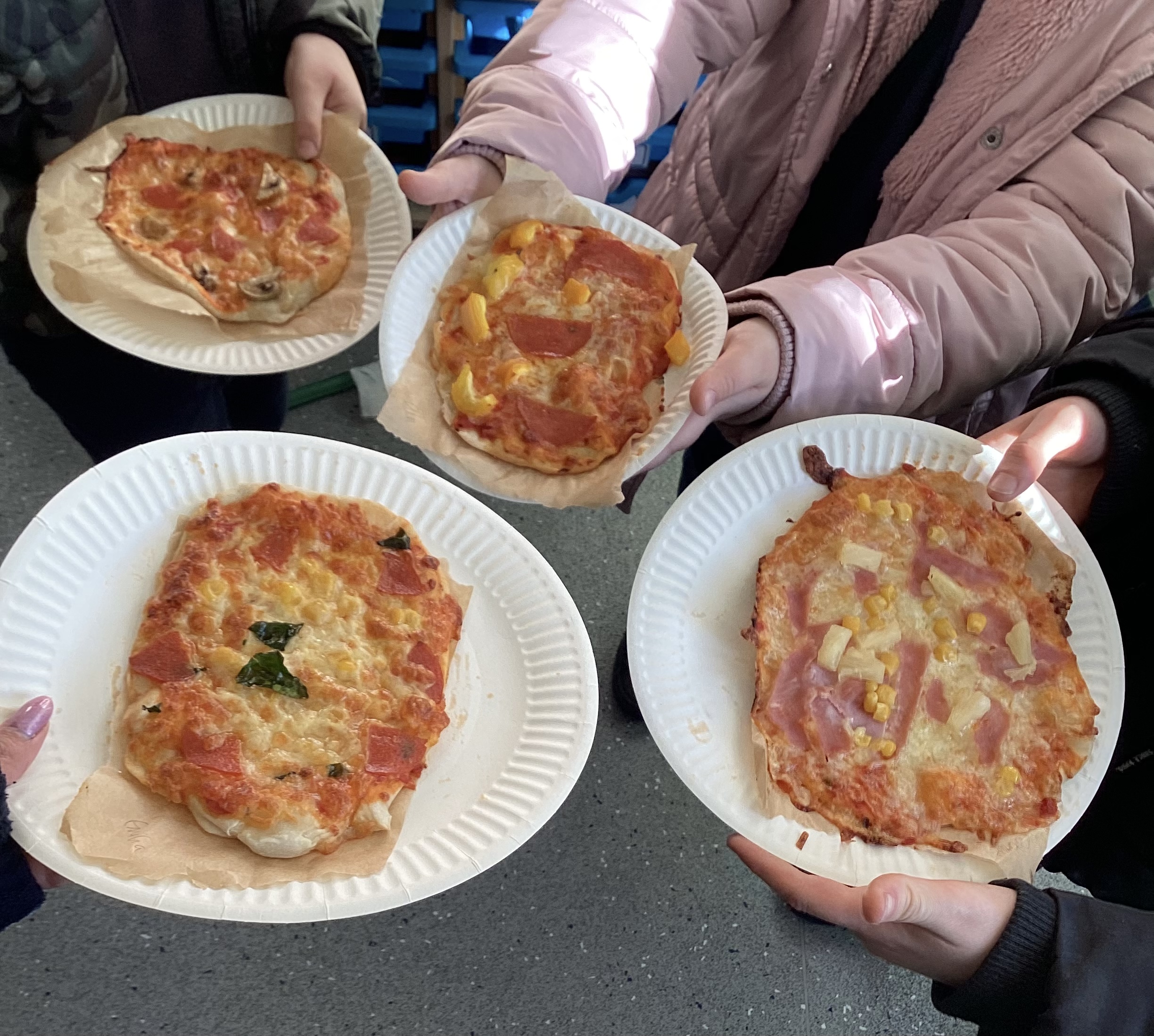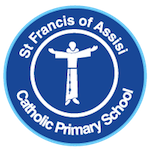DT
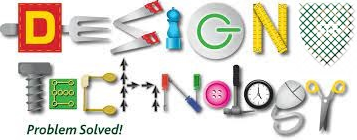
Subject leader: Simran Ruprai
DT Intent Statement
At St Francis, our design and technology curriculum is designed to prepare children for the developing world. The subject encourages children to become creative problem-solvers, both as individuals and as part of a team. Through the study of challenging and engaging design and technology plans, children combine practical skills with an understanding of aesthetic, social and environmental issues, to design and make a product. Evaluation is an integral part of the design process and allows children to adapt and improve their product, which is a key skill that is needed throughout their life.
We feel that the teaching of food and nutrition is of great importance and for this reason, children will study a food and nutrition unit every year. By instilling a love of cooking in pupils will also open a door to one of the great expressions of human creativity. Learning how to cook is a crucial life skill that enables pupils to feed themselves and others affordably and well, now and in later life. In addition to cooking and nutrition, children will explore a variety of areas throughout their time in primary school including mechanical systems, structures, textiles and electrical systems.
Implementation
At St Francis, our design and technology curriculum is built around essential knowledge, understanding and key skills. These are broken into year group expectations and show clear continuity and progress. All year groups implement and adapt from the Kapow Primary scheme of work which enables pupils to meet the end of key stage attainment targets in the National curriculum. EYFS (Reception) units provide opportunities for pupils to work towards the Development matters statements and the Early Learning Goals.
All teaching of design and technology follows the technology, design, technology/make and evaluate cycle. The design process is relevant in context, to give meaning to learning. While making, children are given a choice and a range of tools to choose freely from. When evaluating, children evaluate their own products against a design criterion. Each of these steps are rooted in technical knowledge and vocabulary. All aspects of the process include a focus on environmental and local impact through sourcing recycled and reused resources for projects. Challenging questions and reflections should be used at each stage as well as in the evaluation process which will allow children to progress from exploration to mastery.
